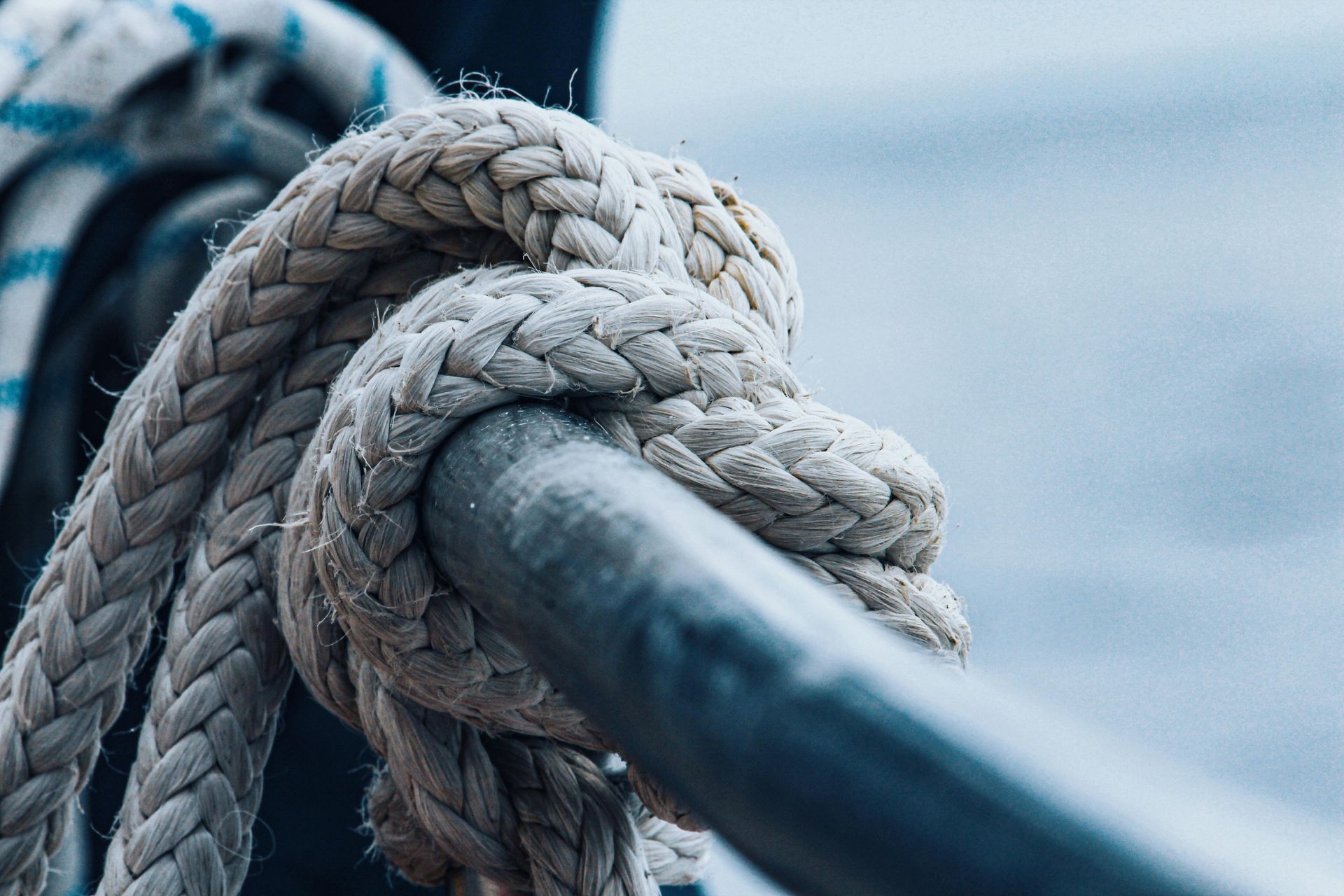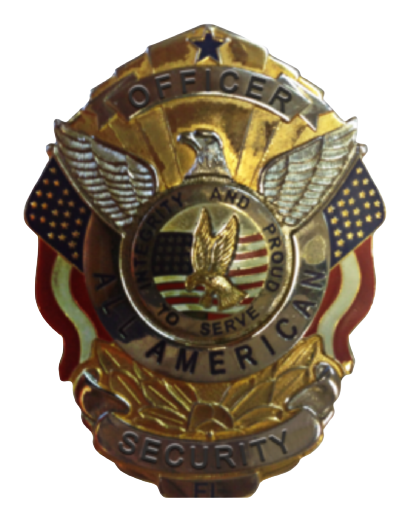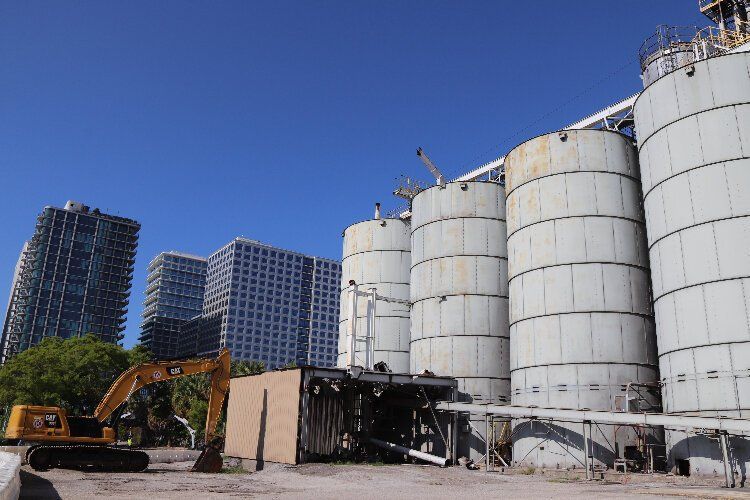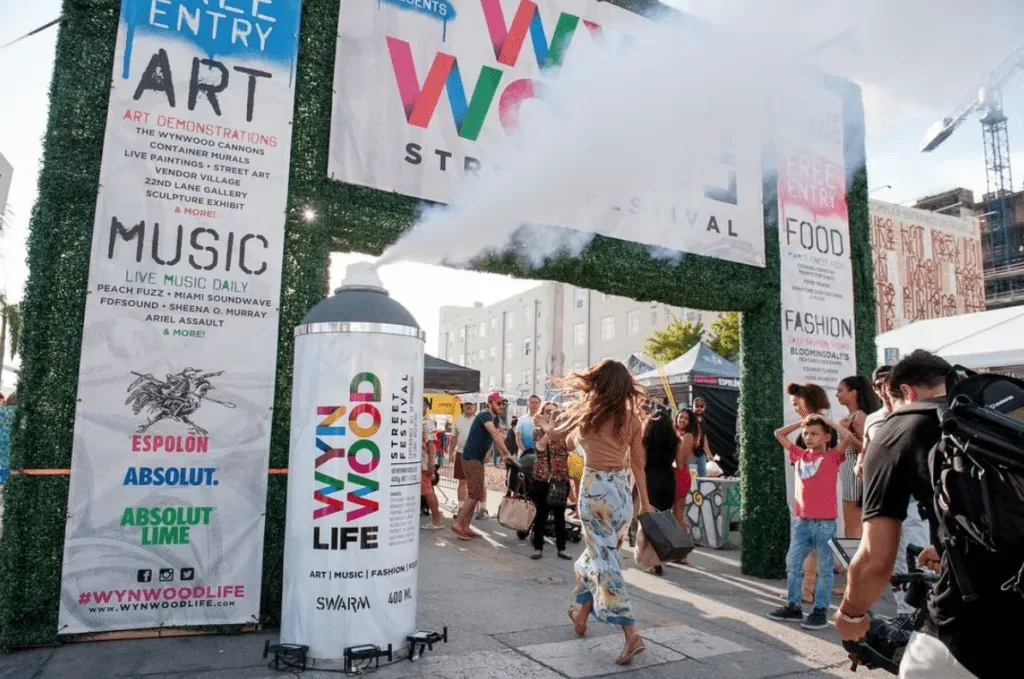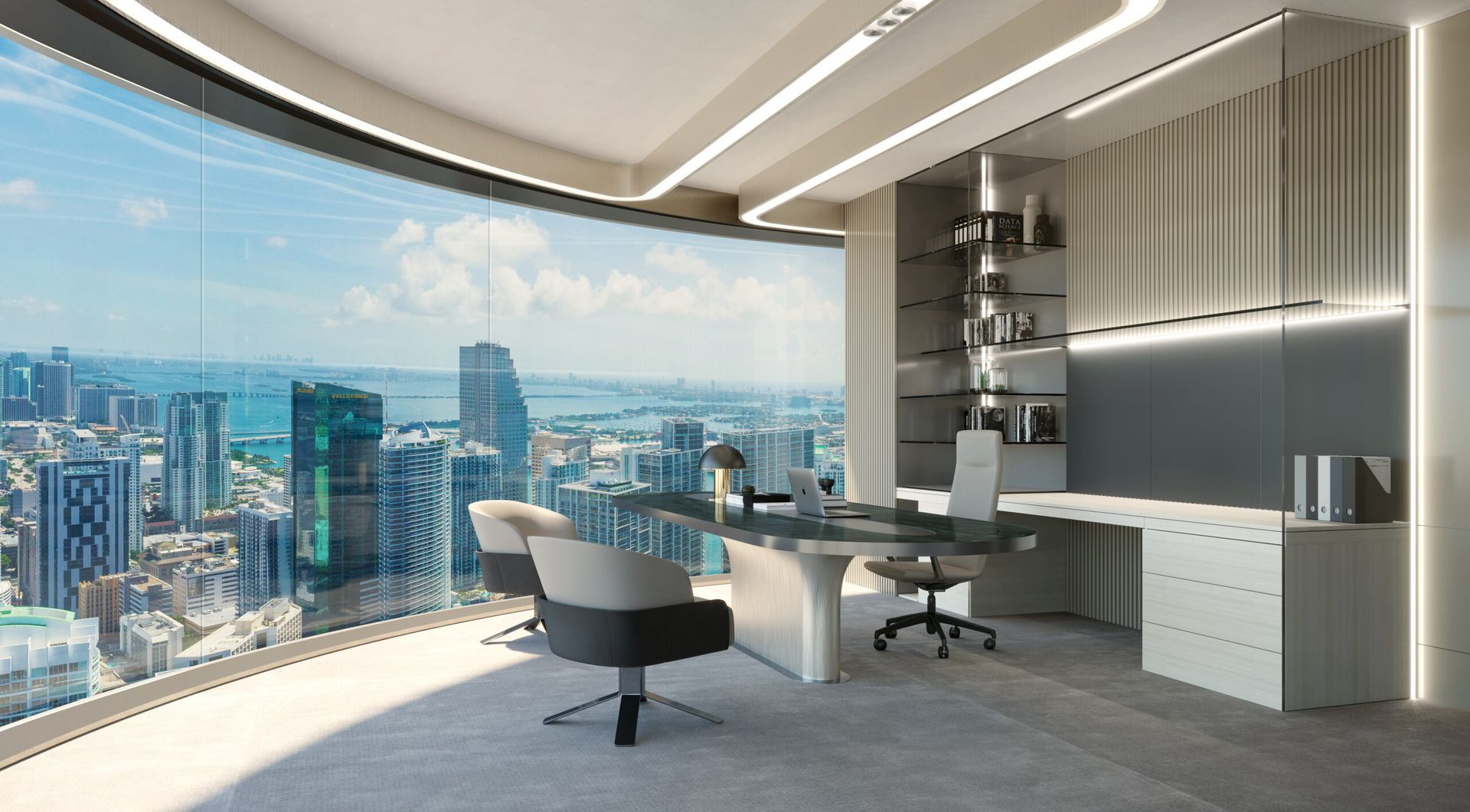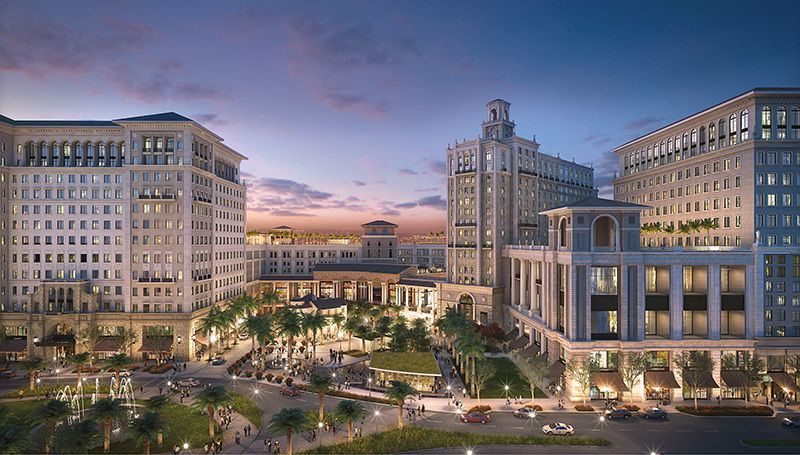Top Security Measures for Hospitality Management
Introduction: Safety in the Hospitality Industry
In the hospitality industry, creating a secure environment is as important as providing excellent service. Whether it’s a luxury hotel, resort, or boutique inn, guests expect their safety and privacy to be prioritized. Without proper security measures, the guest experience—and a business’s reputation—can be severely impacted.
At All American Security Services, we specialize in protecting the unique environments of the hospitality sector. Our tailored solutions combine modern technology with professional expertise to address industry-specific challenges.
Common Security Challenges in Hospitality
The hospitality sector faces unique security challenges, including:
- Unauthorized Access: Ensuring that only authorized individuals can enter restricted areas such as guest rooms, back offices, and storage facilities.
- Guest Safety and Privacy: Protecting guests from theft, harassment, or harm while maintaining their privacy.
- Theft and Property Damage: Safeguarding hotel assets, including furnishings, equipment, and guest belongings.
- Emergency Preparedness: Handling emergencies such as medical situations, fires, or natural disasters swiftly and effectively.
- Cybersecurity Risks: Protecting guest information and payment systems from data breaches.
Key Security Measures for the Hospitality Sector
To address these challenges, implementing robust security measures is essential. Here are the top strategies to enhance safety and guest satisfaction:
1. Comprehensive Access Control Systems
Hotels and resorts require effective access control to maintain security without disrupting guest convenience.
- Use key card systems for room access to prevent unauthorized entry.
- Install smart locks that integrate with mobile apps for contactless check-ins.
- Deploy security personnel at entry points to verify guests and screen visitors.
2. Surveillance and Monitoring Systems
Surveillance systems are critical for monitoring high-traffic and sensitive areas such as lobbies, parking lots, and hallways.
- Install high-definition CCTV cameras with night vision and motion detection.
- Use remote surveillance systems that allow management to monitor live feeds from anywhere.
- Integrate AI-powered cameras to identify suspicious activities in real-time.
3. Professional Security Officers
On-site security officers play a vital role in deterring threats and responding to incidents.
- Train officers to handle common hospitality issues such as trespassing, theft, and disputes.
- Position guards strategically in high-risk areas like entrances, parking lots, and event spaces.
- Ensure officers are equipped to de-escalate situations while maintaining professionalism.
4. Emergency Response Plans
Emergencies can occur without warning, making preparedness a crucial aspect of hospitality security.
- Develop and regularly update emergency response protocols for scenarios like fire, medical emergencies, or natural disasters.
- Train staff on evacuation procedures and provide clear signage for exits.
- Equip the premises with emergency tools like first aid kits, defibrillators, and fire extinguishers.
5. Cybersecurity in Hospitality
With the growing reliance on digital systems, protecting guest information is as important as physical safety.
- Use secure payment systems with encryption to protect transactions.
- Regularly update software and hardware to minimize vulnerabilities.
- Train staff on best practices for data security and phishing prevention.
Benefits of a Secure Hospitality Environment
Investing in professional security measures offers several benefits:
- Enhanced Guest Trust: Guests feel confident staying at a property where their safety is prioritized.
- Reduced Liability Risks: A secure environment minimizes the risk of incidents and associated liabilities.
- Improved Reputation: Positive reviews about safety can attract more guests and boost brand loyalty.
- Higher Staff Productivity: Employees feel safer and are more focused on providing quality service.
How All American Security Services Can Help
With over 19 years of experience, All American Security Services is a trusted provider of security solutions for the hospitality industry. We understand the unique needs of hotels, resorts, and other guest-focused businesses. Our services include:
- Professional Security Guards trained to handle hospitality-specific challenges.
- Surveillance System Design and Installation to monitor every corner of your property.
- Access Control Implementation for seamless and secure entry management.
- Emergency Preparedness Training for staff and management teams.
We combine advanced technology with a personal touch to ensure your guests enjoy a safe and memorable stay.
Secure Your Hospitality Business Today!
Ensure your guests feel safe, secure, and valued with All American Security Services. Contact us at (305) 614-9260 for a free consultation, or visit our website to learn more about our customized hospitality security solutions.
Your guests deserve the best—let us handle the rest.


